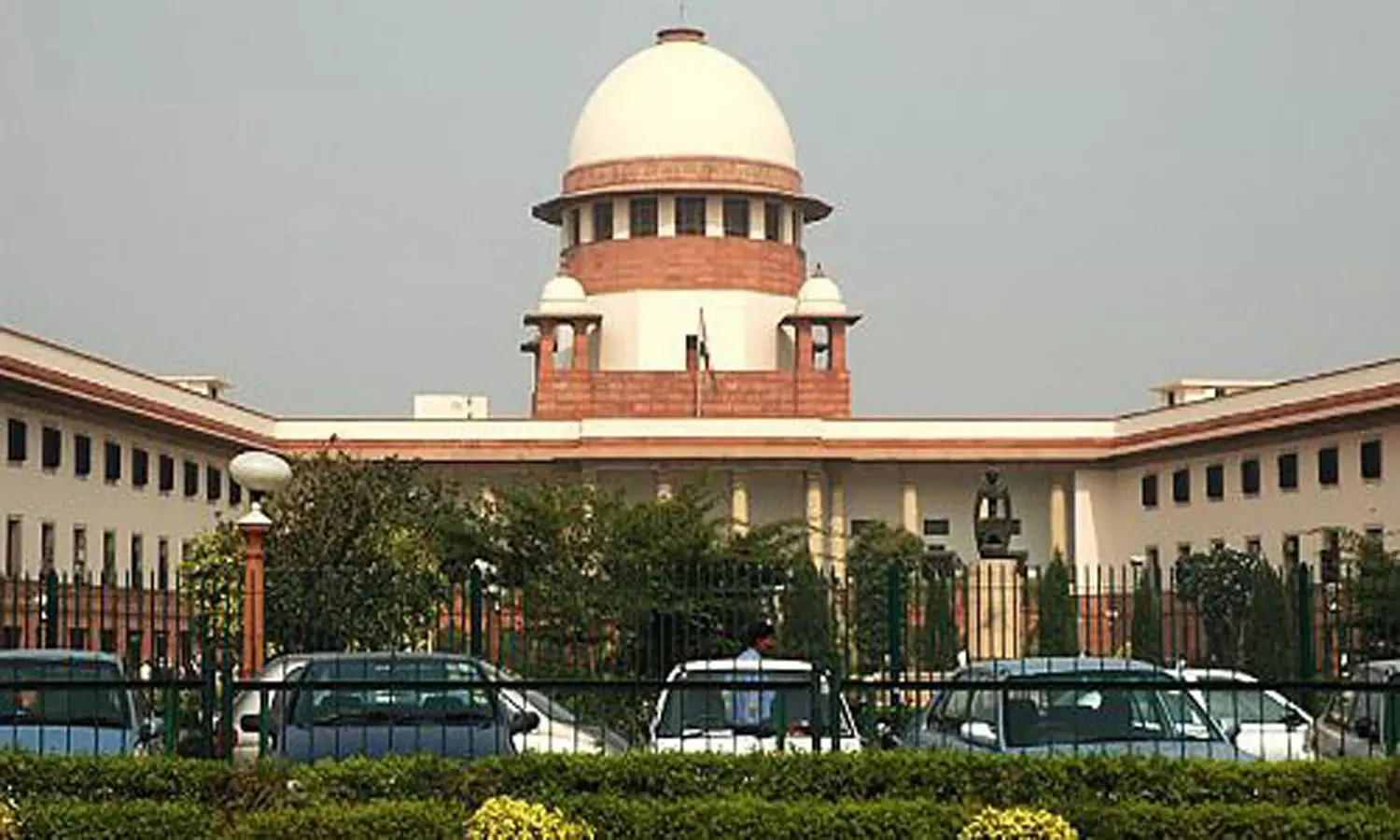TRENDING TAGS :
Understanding the Supreme Court Verdict on Article 370
Gain insights into the legal arguments, concerns, and potential outcomes surrounding this significant verdict.
Understanding the Supreme Court Verdict on Article 370
The Supreme Court's upcoming verdict on the constitutional validity of ending Jammu and Kashmir's special status by scrapping Article 370 is poised to be a landmark decision. The five-judge Constitution bench, led by Chief Justice DY Chandrachud, will provide clarity on a series of petitions challenging the move made by the Centre four years ago.
The crux of the matter lies in whether the Centre had the constitutional authority to unilaterally revoke Article 370, which granted Jammu and Kashmir its unique status. Petitioners argue that the power vested in the Constituent Assembly, which was later dissolved in 1957, should have been transferred to the J&K legislature.
The Supreme Court has probed into the procedural aspects, questioning the legitimacy of the revocation process. Rules dictate that the Constituent Assembly's approval is required to scrap Article 370, initially considered a temporary provision. The court has also raised concerns about the article's transition to permanency post the dissolution of the Constituent Assembly.
The Centre defends its actions, asserting that all decisions were made within the legal framework. It contends that the mainstreaming of Jammu and Kashmir has led to a reduction in terrorism and provided a level playing field for development. The argument emphasizes how Article 370 deprived the region's residents of fundamental rights that apply to every Indian unless approved by the state legislature.
The removal of Article 35A, alongside Article 370, has further ignited the debate. While Article 370 restricted fundamental rights for J&K residents, Article 35A reserved special privileges exclusively for them, preventing outsiders from owning land and settling in the region.
In anticipation of the verdict, security has been heightened in the Kashmir Valley. The BJP urges respect for the court's decision, emphasizing its significance. Leaders like Omar Abdullah and Mehbooba Mufti express hope for a fair outcome and pledge to uphold peace and lawful engagement in case of an adverse verdict.
The backdrop of the Supreme Court's decision is rooted in the events of August 2019 when Article 370 was abrogated, and Jammu and Kashmir was reorganized into two Union Territories. The aftermath of this decision, occurring during President's Rule after the collapse of the PDP-BJP alliance government, adds complexity to the legal scrutiny.



